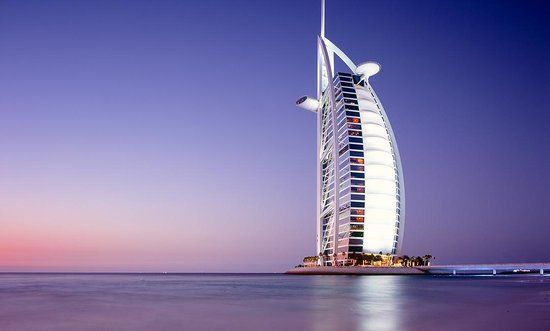Mr. President, Tear Down This Toy!!

The fiercest critic of governance in Eritrea, isn’t Isaias Afwerki, the head of state, as one writer wrote recently; but the brave journalists of the government press; the writer purposely denied credit to these rare heroes in the modern history of Eritrea. This piece will attempt to redress the injustice.
Isaias engineered the fall of two successive Ethiopian regimes after conducting a thirty-year-war, allegedly without any foreign support. He liberated Massawa, the “Pearl of the Red Sea”, and Assab: the two port towns, which served as the battle cry of Eritrean nationalists. In the process Massawa was ruined. Here is what a journalist discovered in the seascape of Massawa:
“The dive site I had been exploring for an hour was no natural formation, but the side of an Ethiopian battleship. For the past quarter-century, this corroding wreck has lain on the bottom of the harbor of Massawa, Eritrea’s main port city, slowly colonized by marine life. (The barracuda, my boat captain told me, was one of seven that frequent the sunken ship.) Rebels of the Eritrean People’s Liberation Front bombarded and sank the vessel in 1990, during the last bloody months of Eritrea’s three-decade-long independence war against Ethiopia. The rusting bow and the remnants of its gunwales protrude above the surface, forming a beacon for divers and snorkelers.”[1]
Massawa has been desolate; its few remaining inhabitants giving up the hope of escaping to Europe, and other places, because walls have been built all over the places. Here is another anecdote the journalist observed:
“As we waited for the office to open, he lamented Eritrea’s ravaged economy and the open-ended conscription program. “The prime years of people’s lives are being lost,” he told me. He had used his connections to secure a dead-end posting in a ministry instead of army service, but still dreamed of fleeing. “I think about escaping, every day, but now I realize I missed my chance,” he said, as an official showed up on his moped two hours late and unlocked the door. “It’s too late. The walls have gone up.”[2]
The head of state is however delusional. Its economy in tatters, Eritrea’s most needs come from Dubai, a harbor, which had been idle during most of the early years of the last century. He dreams of building port cities the like of Dubai and Singapore; completely oblivious of the impact of the revolution in containerization of sea transport and the lost opportunity during the thirty-year-war. That isn’t all his subjects have been fleeing the country he “liberated” in droves; risking death in the Mediterranean in thousands. They board old and ill-fitted ships paying thousands of U.S. dollars; collected from diaspora relatives. Death in these ships have been a common sight for quite some time.
Dubai the city-state in the gulf of Persia, however, achieved a wonder with little cost. Dubai has a beautiful architecture made after sailing boats, which were traversing the Indian Ocean a few centuries back. When its oil reserves started depleting in 1990; it made a massive investment in its economy to transform it into a modern shipping container port. The Burj Al Arab architecture is an ambitious symbol of it.

Back to the drama that happened, during the most recent TV interview with the head of state. The government journalists are among a few lucky citizens, who travel aboard for business and occasionally shop luxury goods rarely available in their country. In other words, they were cosmopolitans. Having silently listened to the president bad-mouthing the nation, criticizing all the sectors of the economy without mercy; they came up with a bombshell question. They told the stunned president to remove the replica of the old ship from its pedestal.
The head-of-state found himself completely naked; he fell into a coma on the spot. The interview was rare of its kind in Eritrea; it was conducted live. When the public saw what happened it rose in spontaneous jubilation not unlike what happened to YaYa Jammeh of Gambia in West Africa. The people in the diaspora celebrated for weeks; amazed at the success of the revolution from inside the country and avoiding any intervention from outside. It was a déjà vu of the famous self-reliance.
References
[1] New York Times; Feb. 16, 2017.
[2] Ibid.


![[AIM] Asmarino Independent Media](/images/logo/ailogo.png)